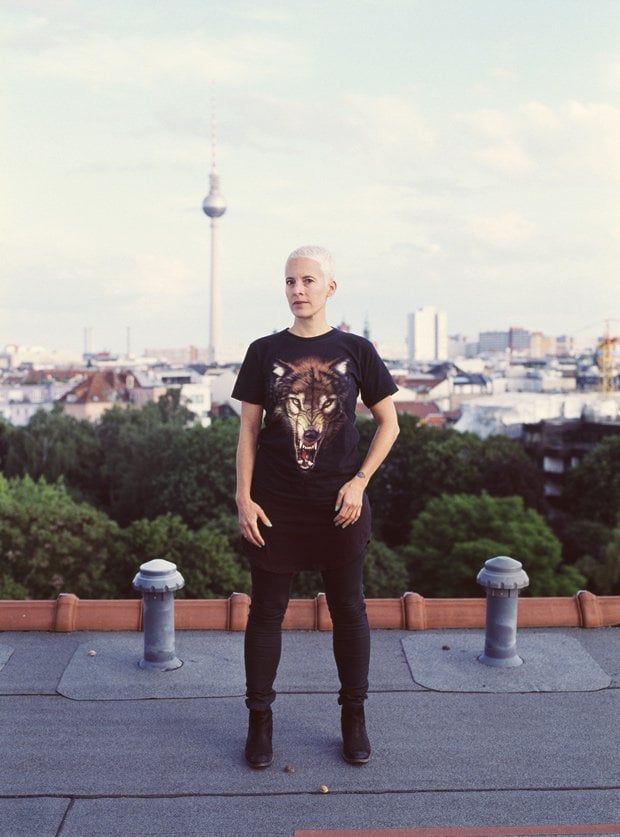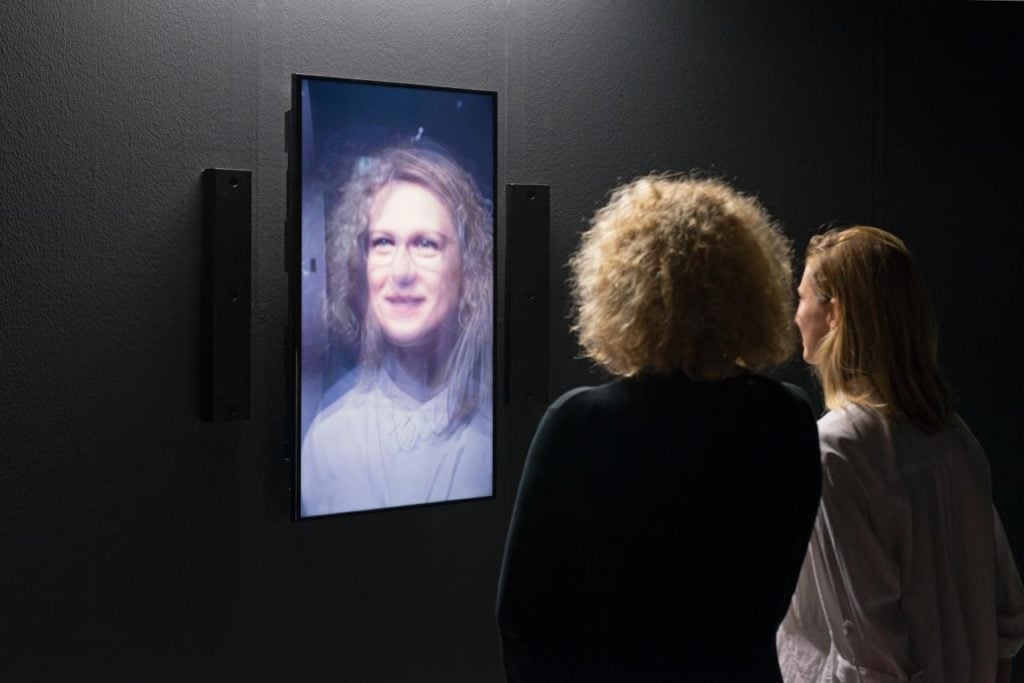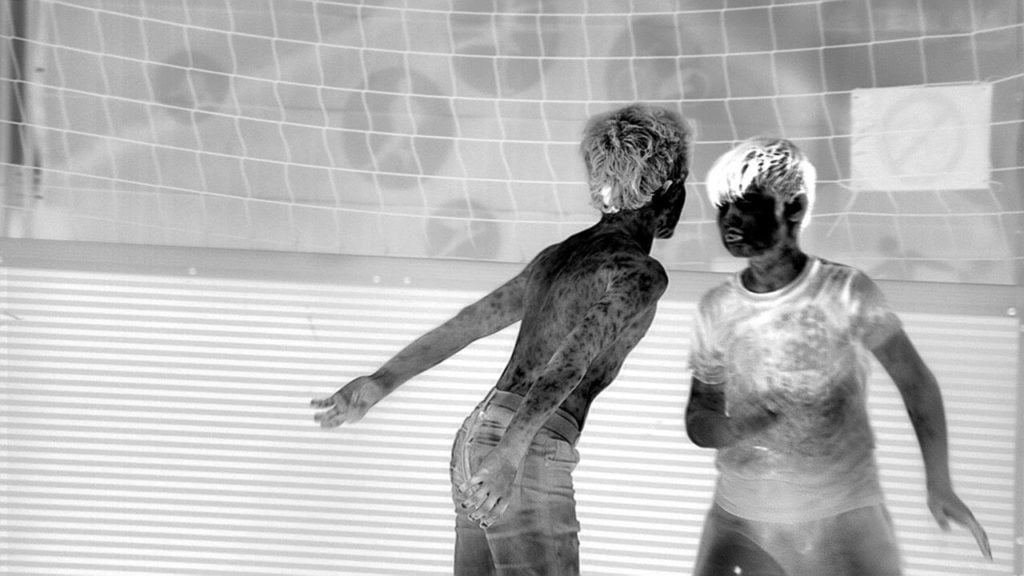Politics
More Artists Join Candice Breitz’s Creative Protest of Museum’s Link to Abusive Refugee Camps
Rafael Lozano-Hemmer and Richard Mosse join Candice Breitz in her protest of Wilson Security.

Rafael Lozano-Hemmer and Richard Mosse join Candice Breitz in her protest of Wilson Security.

Sarah Cascone

Following a bold statement from South African artist Candice Breitz, protests are escalating at Australia’s National Gallery of Victoria, where the NGV Triennial opened today. The museum is being taken to task for its employ of Wilson Security, a company that has been widely accused of abusing refugees held in Australia’s offshore detention centers.
Calling on the museum to cut ties with Wilson, Breitz announced on Facebook earlier this week that she was renaming her video installation Love Story—which enlists celebrities Julianne Moore and Alec Baldwin to make visible the often-ignored plight of refugees—Wilson Must Go. Now, other artists are now joining Breitz in her protest.

Rafael Lozano-Hemmer, Redundant assembly (2015). Photo courtesy Rafael Lozano-Hemmer, by Franz J. Wamhof.
Art Asia Pacific reports that Mexican-Canadian artist Rafael Lozano-Hemmer renamed his artwork—originally titled Recorded Assembly—Wilson Must Go/The Sequel. He also pledged to donate the proceeds from his participation in the triennial to a refugee support organization.
Irish photographer Richard Mosse, the winner of the 2017 Prix Pictet, also made a change to his 16-channel video installation in the exhibition. He has edited the video to include a statement from Kurdish filmmaker Behrouz Boochani, who is being held on Manus Island.
“Art is beauty, and artists have a responsibility to show the beauty of human beings and the beauty of the world, to make life bearable and show the connections between us all,” Boochani said in the statement.
In response to Breitz’s original Facebook post, writer Nana Oforiatta-Ayim commented that she was going to see if there was still time to change the title of the essay she wrote for the exhibition’s catalogue.
A spokesperson from the National Gallery of Victoria did not immediately respond to a request for comment on the artists’ actions.

Richard Mosse, Incoming (2015–16). Photo courtesy Richard Mosse, Jack Shainman Gallery, New York and carlier|gebauer, Berlin.
©Richard Mosse.
Breitz first learned of NGV’s contract with Wilson and the security company’s ignoble past via an open letter from the Artists’ Committee, an informal association of Australian artists, published in August.
“The NGV is a trusted cultural institution, a public beacon and a sanctuary for artists,” read the letter. “However, the NGV’s contract with Wilson Security sends a message endorsing the systematic abuse of vulnerable people.”
The Artists’ Committee acknowledges that the current contract with Wilson Security is temporary, that the government is in charge of making security arrangements, and that Wilson’s contract with the offshore detention centers ended in October. Nevertheless, they wrote in the group’s FAQ, “we struggle to think of a less ethical company than Wilson.”
“My respect for all the people in Australia who are mortified by the ongoing abuse of refugees in a failed system in which we are all complicit,” Lozano-Hemmer wrote on Facebook. “I am absolutely convinced that all Triennial artists, organizers and most visitors are unhappy with our complicity with a draconian system that must go. I think it would be great if we asked other Triennial artists for their opinion, particularly those who have a social and critical practice.”
The NGV Triennial runs through April 15 at the National Gallery of Victoria in Melbourne, Australia.